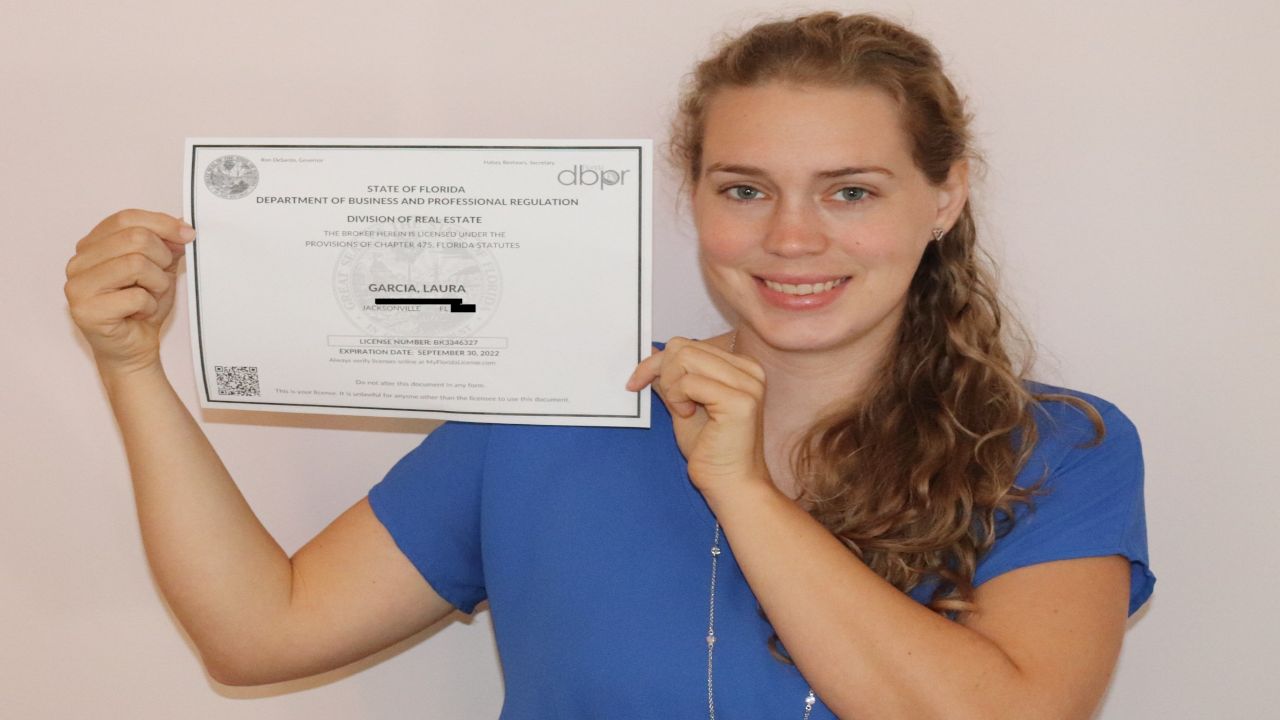Real estate is a dynamic field that offers the opportunity to make a significant impact on people’s lives. Real estate professionals play a crucial role in property transactions. They advise clients on market conditions, conduct property tours, negotiate deals, and ensure legal compliance.
As an example of a great real estate company, take a look at HouseMax, which operates in various locations, including Lansing (https://www.housemax.com/lansin). They provide a valuable service by offering a quick and efficient home-selling process. As a real estate professional, striving to offer such a high level of service to your clients can set you apart in this competitive industry.
This article will guide you through the nuances of becoming a real estate professional, discussing the necessary education and licensing requirements, gaining practical experience, and the importance of continuous professional development.
Understanding the Profession

Real estate professionals play a crucial role in property transactions. They advise clients on market conditions, conduct property tours, negotiate deals, and ensure legal compliance.
The profession requires excellent communication, negotiation, and customer service skills. It also demands a deep understanding of the real estate market, including trends, pricing, and legal aspects.
Educational Requirements
The first step to becoming a real estate professional is to meet the educational requirements. Most states require a high school diploma or equivalent.
Next, you’ll need to complete a pre-licensing course from an accredited real estate institution. The course covers topics like real estate law, property management, and real estate finance. After completing the course, you’ll be eligible to take the real estate licensing exam.
Licensing and Certification

After completing your education, you’ll need to pass a state licensing exam to become a certified real estate professional. The exam tests your knowledge of real estate laws and practices.
Once licensed, you can choose to specialize in areas like residential sales, commercial real estate, or property management. Each specialization may require additional certifications.
Gaining Experience
Experience is crucial in the real estate industry. As a new real estate professional, consider working under a seasoned broker to gain practical experience.
You’ll learn how to list properties, work with clients, negotiate deals, and handle paperwork. Over time, you’ll build a network of clients and industry professionals, which is vital for your career growth.
Continuing Education and Professional Development
The real estate industry is dynamic, with market conditions and laws constantly changing. As a real estate professional, you’ll need to stay updated through continuing education.
Many states require real estate professionals to complete continuing education courses to renew their licenses. These courses cover new laws, emerging trends, and advanced real estate practices.
To Sum Up
Becoming a real estate professional requires a combination of education, licensing, practical experience, and continuous learning. It’s a career that offers the opportunity to help people make one of the most significant decisions of their lives – buying or selling a property.
While the journey to becoming a real estate professional can be challenging, it can also be incredibly rewarding. With dedication, perseverance, and a passion for helping others, you can build a successful career in this dynamic industry.
